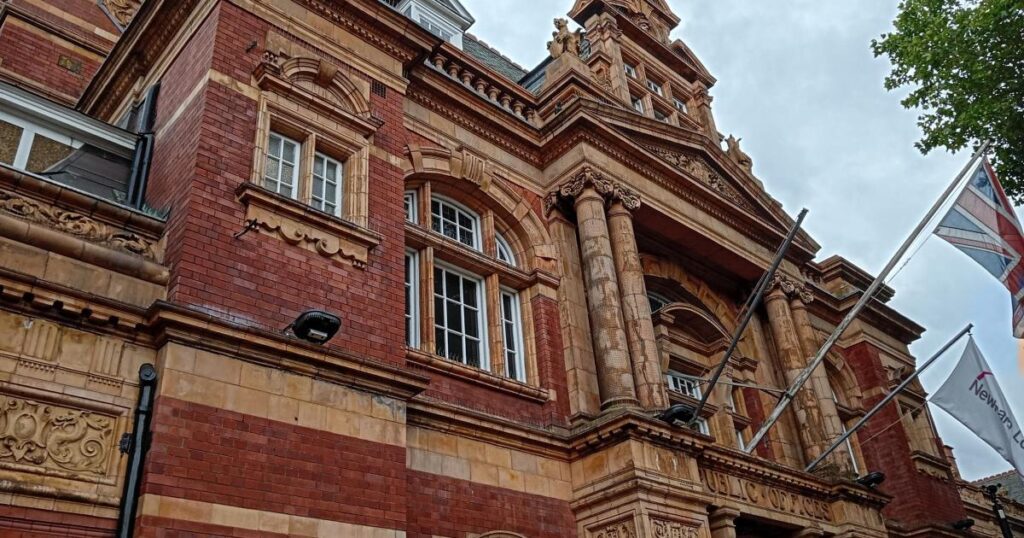The government issued a best value notice to the council in May citing serious weaknesses in governance and culture at the council, and failures by its council housing service.
Speaking to leading councillors on July 22, the council’s newly-appointed interim chief executive Paul Martin said the imposition of government-appointed commissioners – who have the power to take decisions on behalf of the council – is a “plausible outcome”.
Mr Martin said: “It’s a sort of fork in the road, which can go in two different points during 2026.
“One is that the government’s concerns grow and that they conclude that there needs to be a form of statutory intervention, the imposition potentially of commissioners. That’s one plausible outcome.
“The other plausible outcome is that they step it down, and they say on the basis of evidence of progress the council has made since the notice was published, they’re content that this can now be stepped down.
“It’s a binary thing – it’s going to be one or the other.”
He also said the council could treat the best value notice as “an opportunity in front of us”.
“We’ve got an opportunity to use that in a preventative way to address these issues rather than seeing them escalate.
“I think that is something that we can achieve.”
Mr Martin was appointed as interim chief executive last Thursday (17th) following the departure of the former chief executive Abi Gbago.
He was speaking at a meeting of the council’s cabinet, which was also presented with reports outlining the scale of the town hall’s financial challenges.
The reports showed the council spent £40.6million more than planned in the 2024/25 financial year.
Three quarters of that – £27m – was due to rocketing demand of temporary housing for vulnerable people at risk of homelessness.
They also said the council planned to make £80m of “savings” over the next three years – and that it would need to find an additional £50million next year to avoid asking the government for exceptional financial support.
Conrad Hall, the council’s corporate director of resources, said it was “difficult to see, in the short term at least, a solution for the council that doesn’t continue to rely on exceptional financial support in some form”.
Newham mayor Rokhsana Fiaz added that the council would make “tough decisions” about spending.
Mayor Fiaz said: “We’ll have to ask ourselves tough questions. We’ll have to rethink the way in which we deliver council services – where we deliver them, how.”
However, the mayor said the council should also “widen opportunity” so that people who “live financially precarious lives actually lead more stable lives”.
Speaking at an overview and scrutiny committee meeting, Labour councillor Terence Paul asked when residents would be consulted on which services might be cut.
Cllr Paul said: “When will you begin the rich process of consultation with residents where you will talk to them in terms of what services we will not do as a council rather than bits we’re going to be shaving?
“When are you going to be clear with us what’s going to be cut, when, and the nature of that consultation?”
Labour councillor Zulfiqar Ali, cabinet member responsible for finance, said there “is no list” of services that could be cut “at this stage”. Cllr Ali said: “It will be an open and transparent process throughout.”




